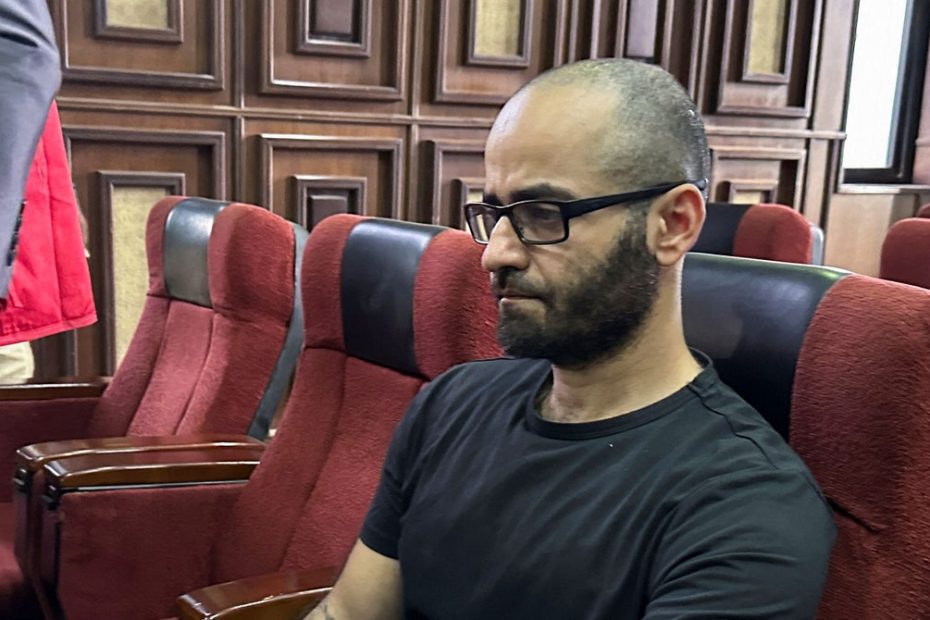In November of In 2020, an individual identified by the U.S. Department of Justice only as “Individual That unnamed person typed the long string of characters of a Bitcoin private key on Gambaryan's laptop, allowing Gambaryan to move 69,370 bitcoins from Individual X's bitcoin address to an address controlled by the US government.
In the four years it has taken the US government to establish legal ownership of that enormous sum of bitcoins – identified by the IRS as stolen proceeds from the Silk Road dark web drug market – its value has grown to just no less than 4.4 billion dollars. The forfeiture of the money appears to have been part of a deal that kept Individual X out of jail, although the terms of that deal were never made public.
Instead, in a bizarre twist of fate, Gambaryan, the IRS investigator who tracked and seized that record amount of cryptocurrency, is sitting in a Nigerian prison while those billions ultimately end up in the US treasury.
On Wednesday, the US Supreme Court declined to hear an appeal against a lower court ruling that the US government can seize Individual of a security problem in the US. market. That stolen drug money has since been claimed by several parties, most recently by a company called Battle Born Investments, which sought to appeal the seizure ruling and claimed to have purchased the Silk Road bitcoins through bankruptcy proceedings. Only now that this appeal has been rejected, four years after the stolen money was traced in an investigation led by Gambaryan of the IRS Criminal Investigations, can the US government finally take official possession of the wayward bitcoins, which will likely be auctioned for dollars by the US Marshals Service, as smaller amounts of seized cryptocurrency have done in the past.
“The Supreme Court's decision not to hear the case means it is now forfeited to the U.S. government,” said Will Frentzen, one of the U.S. prosecutors who handled the Individual X case and is now an attorney in the Legal Department. firm Morrison Foerster. “This is the largest crypto seizure ever to go to the US Treasury Department.” In fact, thanks to Bitcoin's enormous appreciation in recent years, it appears to be the largest criminal money seizure ever any kind added to the US federal budget. (A seizure following the theft of 120,000 bitcoins from the cryptocurrency exchange Bitfinex was even larger, but will likely be returned to victims and creditors rather than held by the government.)
In those same years, however, Gambaryan has taken an even more unlikely path: In 2021, he left the IRS to take a job as head of investigations at Binance, the world's largest cryptocurrency exchange – a move widely seen as a a result of Binance's late attempt to clean up its own widespread use for money laundering, which led to the company paying a $4.3 billion criminal fine to the US government last year. When Nigeria followed up this fine by accusing Binance of similar criminal misconduct and the devaluation of the country's national currency, it was Gambaryan who was invited to Abuja earlier this year to negotiate with the Nigerian government. Instead, the Nigerian government arrested Gambaryan, confiscated his passport and has now jailed him for more than six months, accusing him of money laundering and tax evasion as an agent of his employer.

